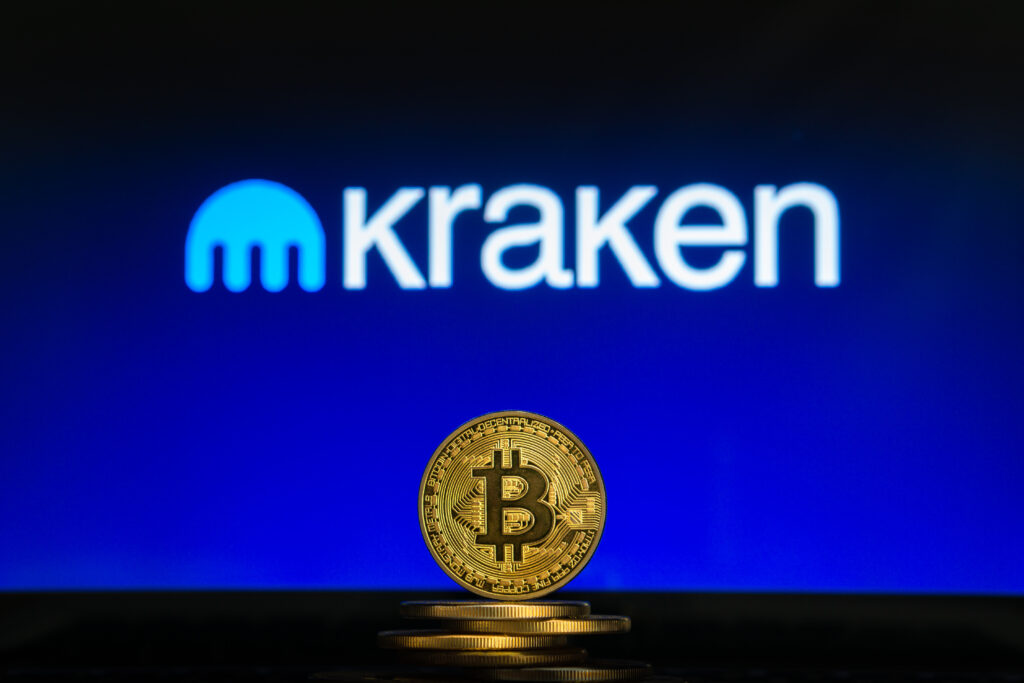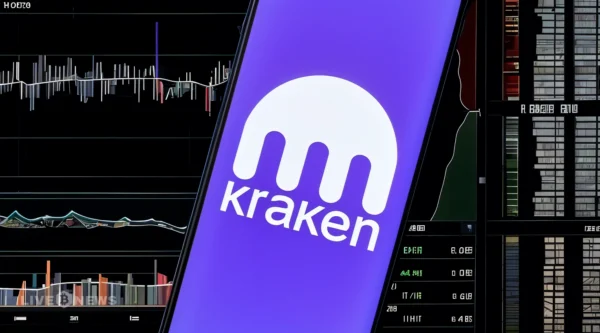Kraken has achieved a significant breakthrough in its global strategy by obtaining a license under the European Union’s Markets in Crypto-Assets (MiCA) regulation. This approval, granted by the Central Bank of Ireland (CBI), positions the exchange as one of the first major crypto platforms to align with the EU’s new regulatory framework.
Arjun Sethi, co-CEO of Kraken, signaled the breadth and seriousness of the approval, referencing years of painstaking compliance effort as preparation. Market commentators like Web3 Insights’ Fiona McEvoy also noted timing, where Kraken’s MiCA approval arrives at a moment when other exchanges are stuck in regulatory limbo.
The MiCA framework will bring about harmonization across Europe’s varied crypto policies. With such a license, the exchange will now have legal grounds for expansion across all 30 European Economic Area (EEA) member states, providing uniform and sanctioned crypto services.
The latest regulatory landmark for the exchange comes after years of operating in Europe. The exchange already has Virtual Asset Service Provider (VASP) licenses across jurisdictions like France, Belgium, and Spain. It even opened the BTC/EUR trading pair as far back as 2013, which also translates to a decade-long head start in trading euros through cryptocurrencies.

Industry commentators like Mads Peterson, who is a Copenhagen-based regulation expert, have commented that early involvement in euro markets for the exchange offered it both customer loyalty and depth of liquidity. Thus, its exchange remains among the most liquid trading platforms for EUR cryptocurrencies.
Well, now that it has MiCA approval on its books and other permits, such as MiFID and EMI, already on record, the exchange can now offer an expanded list of regulated services. These include spot trades, such as derivatives and payment services, offered for both retail and institutional investors. It will be an all-around endeavor and is expected to boost the exchange’s EU user base considerably from next year.
MiCA regulations for EU clients offer another degree of consumer protection, transparency, and harmonized regulation. Compliance at the exchange reinforces its public image as a reliable and secure platform, prime features for the volatile market atmosphere of today.
While compliance and risk management concerns continue to increase across the crypto sector, the exchange’s MiCA license is an indication of how centralized services can abide by rigorous standards of regulation without sacrificing innovation. Industry commentators increasingly regard that success as an important distinguishing factor, on top of the newer firms’ challenges in achieving regulatory clarity.











